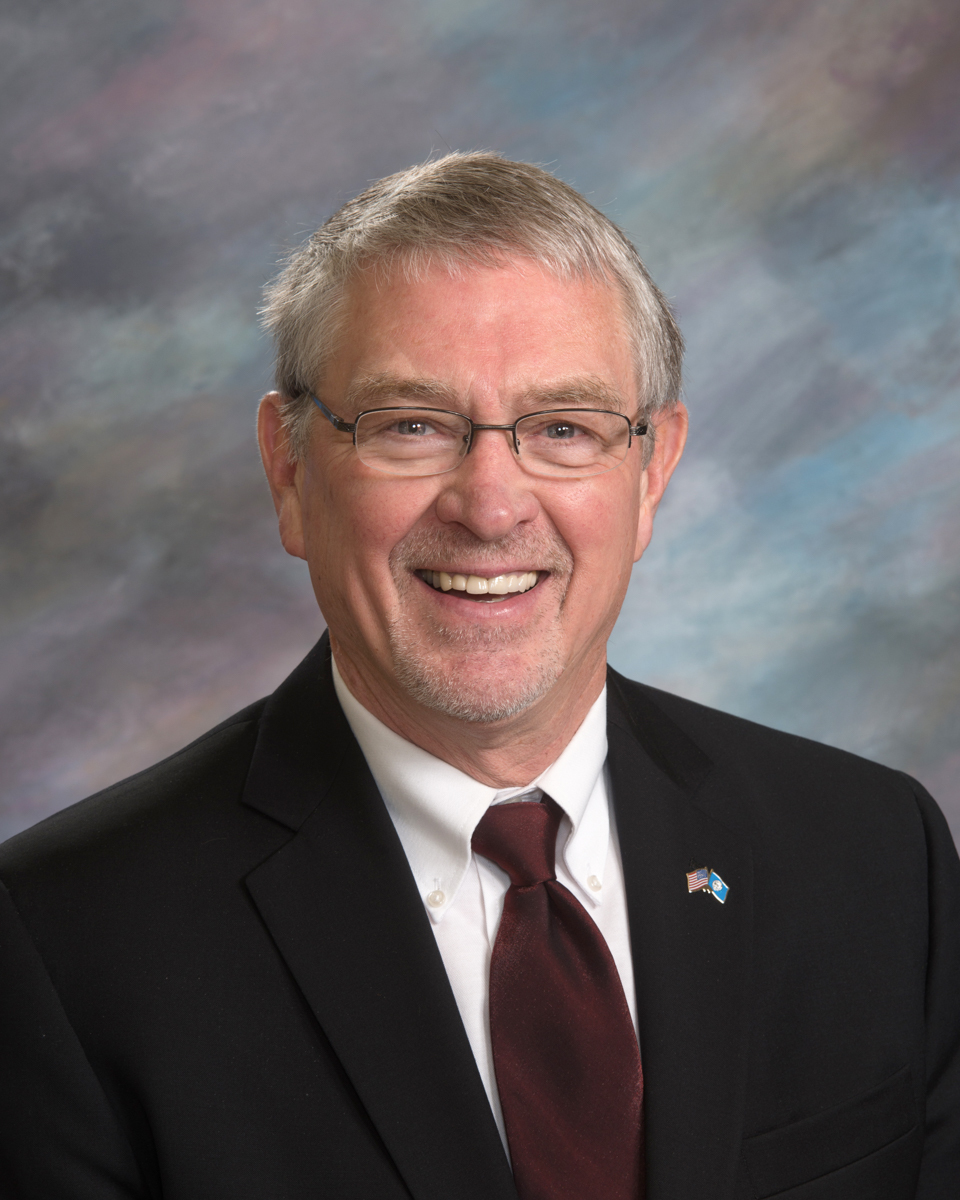Congresswoman Kristi Noem’s Weekly Column: Tools for a Healthier Forest

 Tools for a Healthier Forest
Tools for a Healthier Forest
By Rep. Kristi Noem
Have you ever hiked the Black Hills during the winter? There’s something almost magical about it. It’s so quiet and yet surprisingly energizing. I absolutely love it.
But underneath the snow is a forest in repair. For more than two decades, the Mountain Pine Beetle has damaged more than 30 percent of the 1.2-million-acre forest. Earlier this year, the U.S. Forest Service announced the beetle had finally been beat, albeit significant work remains to repair the damage and make the forest more resilient against future outbreaks.
In November 2013, then-U.S. Forest Service Chief Tom Tidwell came to the Black Hills with me to view the damage firsthand. While he felt good about the tools we had to combat the pine beetle, we couldn’t apply them on a large enough scale.
In the months that followed the visit, I helped write new reforms and fought to get them included in the 2014 Farm Bill. As a result, we cut through the red tape, got boots on the ground faster, and allowed the Forest Service to work on the scale this epidemic required. Around 1 million acres of the Black Hills National Forest benefited from the provisions, which have proven critical in curtailing the pine beetle’s spread – something U.S. Agriculture Secretary Sonny Perdue recognized when I welcomed him to the Black Hills earlier this year.
We are incredibly fortunate to have so many dedicated foresters in the Black Hills, and their work is often pointed to as a model for the nation. In Rapid City, I had the opportunity to catch up with a number of Rangers and forestry officials just before Thanksgiving. We talked in depth about the forest’s health and how the new tools are working. It was encouraging to hear their optimism for the Black Hills’ future. But the reality remains that years of damage have left behind thousands of acres of dead and dying trees. There’s still more work to do.
This November, I helped the U.S. House of Representatives pass the Resilient Federal Forests Act on a bipartisan basis. Now being considered in the Senate, this legislation would pair a responsible budget fix with forest management reforms to dramatically improve the health and resiliency of our forests.
More specifically, with fires breaking out across the country in recent years, too much federal funding has been transferred from forest management to firefighting. The resource drain only perpetuates the problem and increases the risk of future wildfires. By allowing more flexibility in how funds flow between various agencies, this bill would fix the problem without authorizing any new spending.
This bill also eliminates duplicative paperwork and begins to address obstructionist litigation – or lawsuits set up to stop responsible forest management programs, like logging infested trees. Both of these reforms will help eliminate hurdles we’ve dealt with in the Black Hills.
The bill also increases tribal participation in forest health projects and strengthens Impact Aid to South Dakota schools that have a lot of Forest Service and other federally controlled lands in their districts. All around, it’s an important bill for South Dakota – one that can help make sure those magical winter hikes through the Black Hills’ snow-covered trees can be experienced by this generation and the next.

 He is Republican state senator from South Dakota Craig Tieszen, 68.
He is Republican state senator from South Dakota Craig Tieszen, 68.

 Small Businesses are a Not-So-Small Part of South Dakota’s Economy
Small Businesses are a Not-So-Small Part of South Dakota’s Economy
 Regulatory Relief for Community Banks and Credit Unions
Regulatory Relief for Community Banks and Credit Unions South Dakota’s senior United States’ Senator and Top 3 Republican Senator John Thune was hosted today by South Dakota’s chapter of Americans for Prosperity for a discussion on the Senate’s version of Tax Reform.
South Dakota’s senior United States’ Senator and Top 3 Republican Senator John Thune was hosted today by South Dakota’s chapter of Americans for Prosperity for a discussion on the Senate’s version of Tax Reform.




 Speaking on job creation in Rapid City for young college graduates, he stressed how important it was to keep young people in the state. Jackley suggested utilizing the Sanford Lab, and the South Dakota School of Mines and Technology’s proposed
Speaking on job creation in Rapid City for young college graduates, he stressed how important it was to keep young people in the state. Jackley suggested utilizing the Sanford Lab, and the South Dakota School of Mines and Technology’s proposed